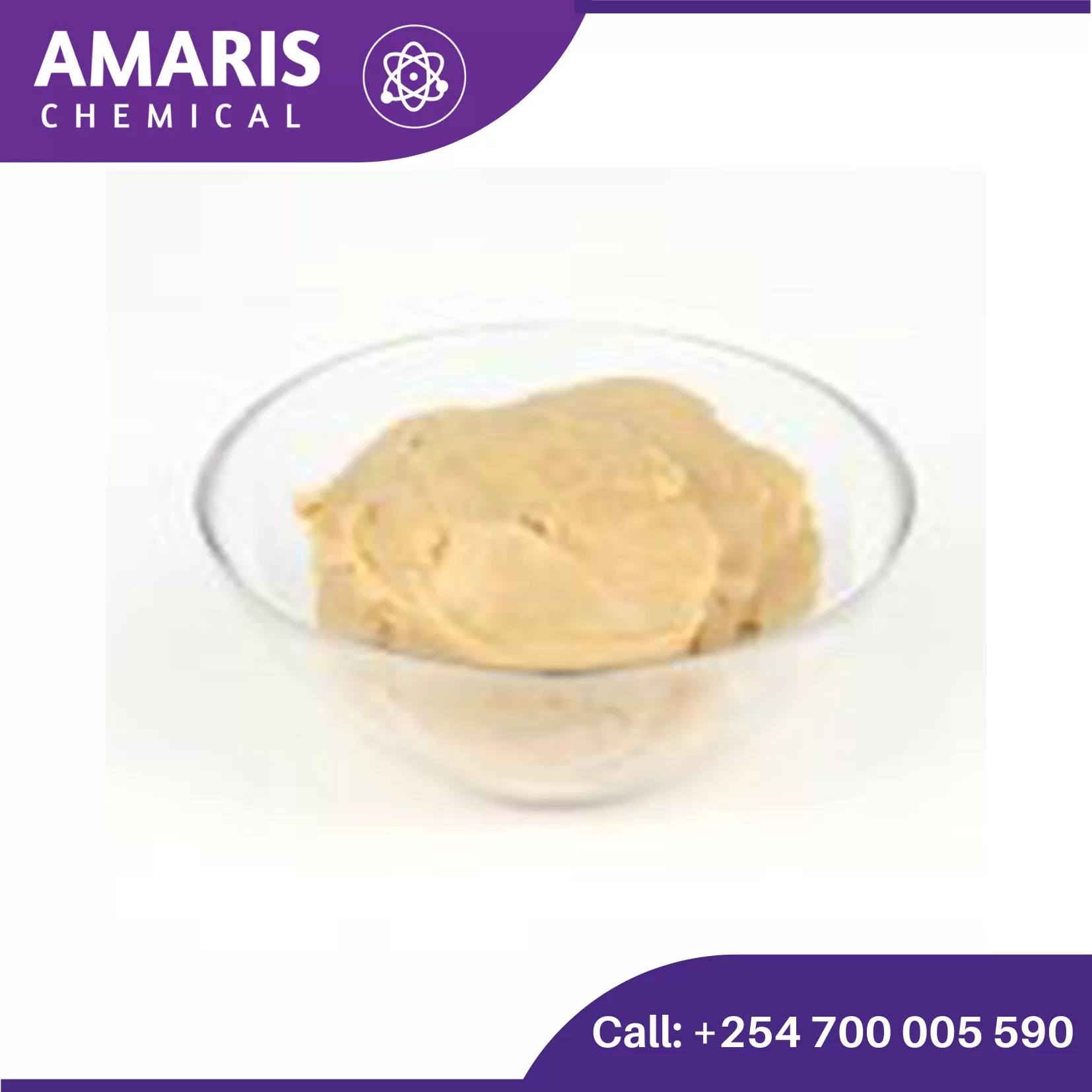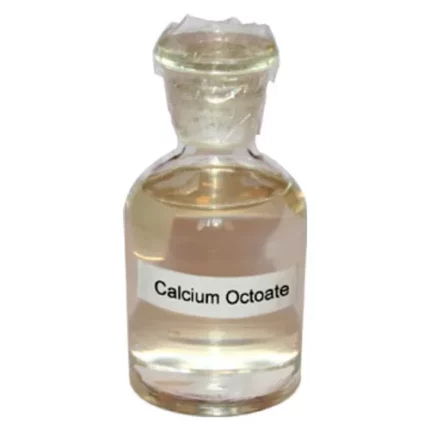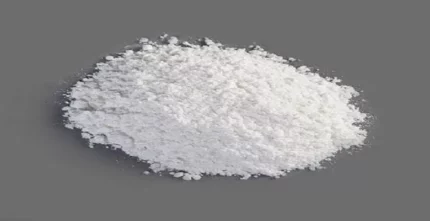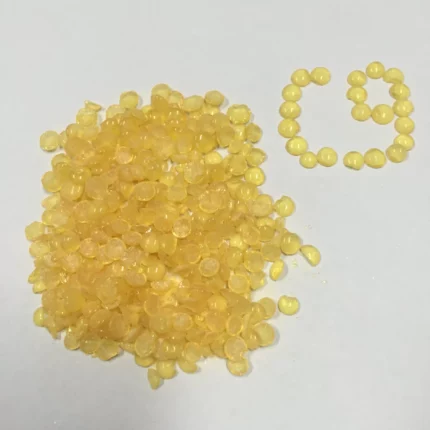“Master finish 202” has been added to your cart. View cart
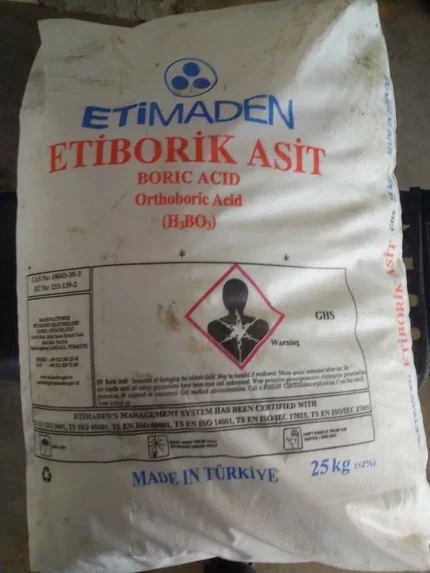
Boric Acid
$9,800.00 Original price was: $9,800.00.$8,900.00Current price is: $8,900.00.

Infused Essential oils
$0.01
Coffee Butter
$0.01
Whatsapp Order
Coffee butter is a creamy, spreadable substance made from coffee beans or coffee oil that resembles traditional butter in texture and consistency. It is typically produced by combining coffee extract or coffee-infused oil with a solid fat, such as coconut oil or cocoa butter, through a process called emulsification. The resulting coffee butter often retains the aroma and flavor of coffee, making it a popular ingredient in culinary applications and beauty products. It can be used as a spread, added to baked goods, incorporated into desserts, or utilized in skincare formulations for its potential moisturizing and antioxidant properties.
SKU:
ACS61962CHEM0
Category: OTHERS
Description
Uses of Coffee butter
- Culinary Uses:
- Spread: Coffee butter can be used as a spread on toast, bagels, or pastries, providing a rich and aromatic coffee flavor.
- Baking: It can be used as an ingredient in various baked goods like cookies, cakes, brownies, or muffins to add a distinct coffee taste.
- Topping: Coffee butter can be melted and drizzled over desserts like ice cream, pancakes, waffles, or French toast.
- Coffee flavoring: It can be added to beverages like hot chocolate, smoothies, or milkshakes to enhance the coffee flavor.
- Cosmetic Uses:
- Skincare: Coffee butter is used in skincare products like moisturizers, body butters, and lip balms due to its potential moisturizing and antioxidant properties.
- Haircare: It can be found in haircare products such as conditioners or hair masks to provide nourishment and hydration to the hair.
- Massage: Coffee butter is used in massage products due to its smooth texture and coffee aroma, which can enhance the relaxation experience.
- Lip Care: It is commonly used in lip balms or lip scrubs to moisturize and soften the lips while providing a subtle coffee scent.
Related products
Calcium Octoate 10%
Master finish 202
Master pozzolith
Medium Oil (45/55) 180 kg Drum
Methyl Isobutyl Ketone (MIBK) 165 kg Drum
Petroleum Resin C9 Hydrocarbon 25 kg Bag
Petroleum resin C9 hydrocarbon, also known as C9 hydrocarbon resin or simply C9 resin, is a type of thermoplastic resin that is derived from the distillation of petroleum products. It is composed primarily of aliphatic and aromatic hydrocarbons, and is typically produced by the polymerization of C9 fraction of petroleum, which is obtained by the distillation of crude oil.
C9 hydrocarbon resin is a highly versatile material that finds use in a wide range of industrial applications, including adhesives, coatings, printing inks, rubber compounding, and more. It is valued for its excellent solubility, compatibility with other resins, and ability to enhance the properties of other materials, such as adhesion, tack, and flexibility.
In summary, petroleum resin C9 hydrocarbon is a type of polymer derived from petroleum that is widely used in various industries for its unique properties and compatibility with other materials
Pine Oil 185 kg
Pine oil is a clear to pale yellow essential oil that is derived from the needles, twigs, and cones of pine trees through steam distillation. It has a distinct, fresh, and woody aroma with a hint of balsamic and turpentine-like notes. Pine oil is commonly used in aromatherapy, cleaning products, and as a natural insect repellent. It contains various beneficial compounds, such as alpha-pinene, beta-pinene, and limonene, that have potential health and wellness benefits.
Solvent Naphtha C10 150 180kg Drum
Solvent naphtha is a term used to describe a group of hydrocarbon solvents that are commonly derived from petroleum. These solvents are typically used in industrial processes such as cleaning, degreasing, and as a diluent in the production of paints, coatings, and adhesives. Solvent naphtha can vary in composition, but it generally refers to a mixture of straight-chain and branched-chain hydrocarbons with boiling points in the range of 130°C to 230°C. The exact composition and properties of solvent naphtha can vary depending on the source of the petroleum from which it is derived and the specific refining processes used to produce it


 Emollients
Emollients Humectants
Humectants UV Filters
UV Filters Surfactants (cosmetic)
Surfactants (cosmetic) Preservatives (cosmetic)
Preservatives (cosmetic) Fragrances and Essential Oils
Fragrances and Essential Oils Antioxidants (cosmetics)
Antioxidants (cosmetics)
 Solvents (lab)
Solvents (lab) Chromatography Chemicals
Chromatography Chemicals Microbiology and Cell Culture Reagents
Microbiology and Cell Culture Reagents Biochemical Reagents
Biochemical Reagents Inorganic and Organic Standards
Inorganic and Organic Standards Spectroscopy Reagents
Spectroscopy Reagents Molecular Biology Reagents
Molecular Biology Reagents
 Precious Metal Extraction Agents
Precious Metal Extraction Agents
 Plasticizers
Plasticizers Polymerization Initiators
Polymerization Initiators Stabilizers
Stabilizers Monomers
Monomers Fillers and Reinforcements
Fillers and Reinforcements Antioxidants (plastics)
Antioxidants (plastics) Colorants (plastic pigments,Dyes)
Colorants (plastic pigments,Dyes)
 Fertilizers
Fertilizers Plant Growth Regulators
Plant Growth Regulators Soil Conditioners
Soil Conditioners Animal Feed Additives
Animal Feed Additives Biostimulants
Biostimulants
 Dough Conditioners
Dough Conditioners Flour Treatments
Flour Treatments Fat Replacers
Fat Replacers Preservatives (baking)
Preservatives (baking)
 Surfactants (cleaning)
Surfactants (cleaning) Builders
Builders Bleaching Agents
Bleaching Agents Enzymes
Enzymes Solvents (cleaning)
Solvents (cleaning) Fragrances
Fragrances Disinfectant
Disinfectant Metal cleaning
Metal cleaning
 Binders/Resins
Binders/Resins Pigments
Pigments Solvents (paint)
Solvents (paint) Additives
Additives Driers
Driers Anti-Corrosion Agents
Anti-Corrosion Agents Specialty Coatings
Specialty Coatings Functional Coatings
Functional Coatings Application-Specific Coatings
Application-Specific Coatings
 Sealants and Adhesives
Sealants and Adhesives
 Biodegradable Surfactants
Biodegradable Surfactants Bio-based Solvents
Bio-based Solvents Renewable Polymers
Renewable Polymers Carbon Capture Chemicals
Carbon Capture Chemicals Wastewater Treatment Chemicals
Wastewater Treatment Chemicals
 Preservatives (food)
Preservatives (food) Flavor Enhancers
Flavor Enhancers Acidulants
Acidulants Sweeteners
Sweeteners Emulsifiers
Emulsifiers Antioxidants (food)
Antioxidants (food) Colorants (food)
Colorants (food) Nutrient Supplements
Nutrient Supplements Nutraceutical Ingredients
Nutraceutical Ingredients
 Fresh Herbs
Fresh Herbs Whole Spices
Whole Spices Ground Spices
Ground Spices Spice Blends
Spice Blends
 Surfactants(oil)
Surfactants(oil)
 Antibiotics
Antibiotics Active Pharmaceutical Ingredients
Active Pharmaceutical Ingredients Excipients
Excipients Vaccine Adjuvants
Vaccine Adjuvants Nutraceutical Ingredients
Nutraceutical Ingredients Solvents (pharmaceutical)
Solvents (pharmaceutical)
 Automotive chemicals
Automotive chemicals Pyrotechnic Chemicals
Pyrotechnic Chemicals


 Vulcanizing Agents
Vulcanizing Agents Accelerators & Retarders
Accelerators & Retarders Antidegradants
Antidegradants Reinforcing Agents
Reinforcing Agents Plasticizers & Softeners
Plasticizers & Softeners Fillers & Extenders
Fillers & Extenders Blowing Agents
Blowing Agents Adhesion Promoters
Adhesion Promoters
